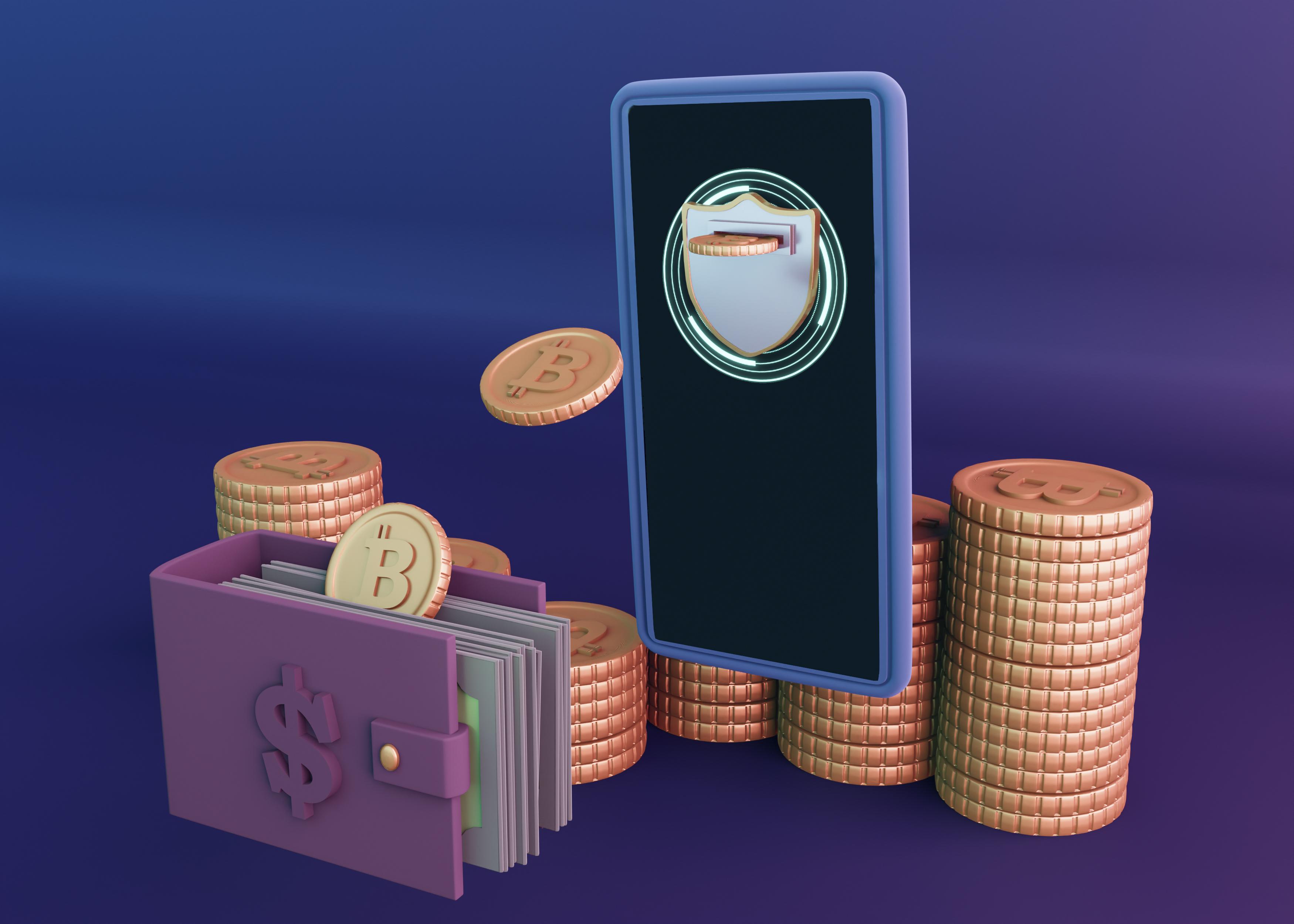Digital currencies are becoming an increasingly popular asset class, but with growing adoption comes heightened risk. From exchange hacks to phishing scams, investors face constant threats. That’s where a cold wallet comes in—a secure, offline method of storing digital assets. Choosing the best cold wallet is no longer a luxury—it’s a necessity. This guide explores why cold wallets are essential, how they work, and which options offer the best security in 2025.
Why It Matters
When you invest in digital assets, you become your own bank. This gives you control, but also responsibility. Unlike traditional banks, there are no fraud protection systems or chargebacks in blockchain. If your private keys are lost or stolen, your funds are gone.
Cold wallets solve this problem by storing your private keys offline, far away from potential cyber-attacks. Choosing the best cold wallet gives you peace of mind knowing your digital wealth is safeguarded from malware, online hackers, and unauthorized access.
In 2025, as more institutional and retail investors enter the space, protecting assets becomes a strategic priority. The right cold wallet isn’t just a storage device—it’s a long-term security investment.
How It Works
Cold wallets are hardware or software solutions that store private keys in an offline environment. Since they're not connected to the internet, they’re immune to remote hacking. The best cold wallets combine strong encryption, user-friendly interfaces, and multi-layered authentication.
Types of Cold Wallets:
-
Hardware Wallets: Physical devices like Ledger, Trezor, or Keystone, which require USB or Bluetooth connection to interact with your computer or phone.
-
Paper Wallets: A physical printout of your private and public keys. Cheap but risky due to fragility and difficulty in backup.
-
Air-Gapped Devices: Smartphones or computers permanently disconnected from the internet, used solely to generate and store keys offline.
Each type offers varying degrees of security and convenience. However, in 2025, hardware wallets continue to lead due to their balance of safety, ease-of-use, and innovation.
Top Opportunities
Choosing the best cold wallet unlocks a range of benefits that go beyond simple storage:
1. Security First
Cold wallets eliminate internet exposure, the main vector for attacks. The best options now feature secure elements (SE chips), biometric authentication, and firmware that self-erases upon tampering.
2. Multi-Asset Support
Leading wallets in 2025 support thousands of digital assets—from major coins like Bitcoin and Ethereum to niche altcoins and NFTs.
3. User Experience
Modern cold wallets are no longer intimidating. Touchscreens, mobile apps, and guided setup flows make them accessible to beginners while still satisfying power users.
4. DeFi and Staking Integration
The best cold wallets now integrate with DeFi platforms and staking protocols without compromising security. This lets users earn passive income while keeping keys offline.
5. Recovery and Backup Options
With secure seed phrase generation and backup tools like metal recovery plates, users can recover wallets even if the device is lost or damaged.
Risks
No solution is without its trade-offs. While cold wallets offer strong security, there are potential risks and limitations:
1. Loss of Access
If you misplace your recovery seed phrase or damage your wallet without backup, your assets may be permanently lost. The best cold wallets now emphasize secure onboarding and backup reminders for this reason.
2. Phishing and Social Engineering
Hackers may still trick users into entering seed phrases on fake websites or devices. Cold wallets can't prevent user errors—education remains key.
3. Cost Barrier
Cold wallets range from $50 to $300+, which may deter small-scale investors. However, for serious asset holders, the cost is justified by the protection offered.
4. Firmware Vulnerabilities
Though rare, some hardware wallets have been exploited through supply chain or firmware flaws. Choosing a well-reviewed wallet from a trusted manufacturer is essential.
Conclusion
The future of digital asset security lies in cold storage. As the market evolves and new threats emerge, having the best cold wallet is one of the smartest decisions any investor can make. Whether you're holding Bitcoin, altcoins, or NFTs, your private keys deserve protection that's as serious as your investment.
When choosing the best cold wallet in 2025, prioritize a device that offers robust security, ease of use, and support for the assets you plan to hold. With the right setup, you'll not only protect your digital assets from threats—but also gain the confidence to grow your portfolio securely.

Join our community to interact with posts!